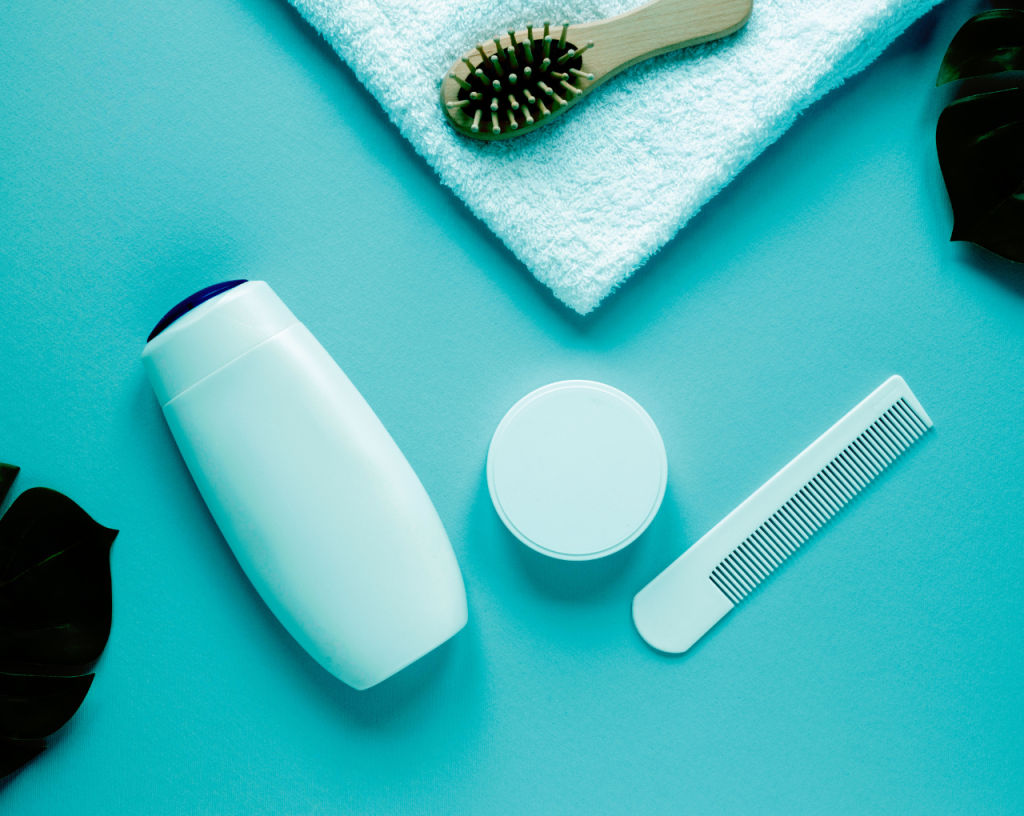The Societal Impact of Hair Relaxer Lawsuits
In the world of beauty and personal care, few topics have garnered as much attention and sparked as much controversy in recent years as hair relaxer lawsuits. These legal battles, initiated by women who have suffered serious health issues related to chemical hair relaxers, have become a subject of intense public scrutiny and debate.

Such stories shed light on the potential dangers lurking in our beauty routines. They also ignited a broader conversation about the complex societal factors that have contributed to the widespread use of these products.
In this blog post, we will embark on a thought-provoking journey that explores the multifaceted impact of hair relaxer lawsuits on our society. As we navigate this complex terrain, we invite you to join us in considering the far-reaching effects of these lawsuits for society.
Also Check Out - Calgary product photography
Historical Context and Health Reasons
To grasp the importance of hair relaxer lawsuits and their societal impact, it's crucial to explore the historical and cultural context of Black women's experiences with their hair.
A groundbreaking study conducted at Boston University has unveiled a concerning link between extensive use of chemical hair relaxers and an increased susceptibility to uterine cancer among postmenopausal Black women.
For centuries, these women have faced immense pressure to conform to Eurocentric beauty standards, which have often deemed their natural hair texture unruly, unprofessional, or unattractive. This pressure has led many women to feel compelled to alter their hair to fit in and succeed in a society that has long undervalued their natural beauty.
However, as the use of hair relaxers became more widespread, so did concerns about their potential health risks. A scientific team from the National Institute of Environmental Health Sciences conducted an investigation into the hair care practices of over 33,000 women.
Their findings revealed a significant correlation: women who regularly utilized chemical hair straightening products at a frequency of at least four times per year exhibited a more than twofold increase in the risk of developing uterine cancer.
These concerns have triggered a wave of hair relaxer lawsuits against the manufacturers of these products, with women alleging that they were not warned about the potential risks associated with their use.
Societal Impact and Cultural Shift
The lawsuits have had a profound impact on society, extending far beyond the realm of personal care products. One of the most significant effects has been the increased awareness of the potential harm caused by hair relaxers.
As more women have come forward with their stories of health issues linked to the use of these products, the public has become more informed about the risks associated with chemical hair treatments.
One such story is that of Bree-Shawna Watts, who, at just 32 years old, faced a life-altering diagnosis: uterine cancer. Following her diagnosis, she underwent a hysterectomy, a procedure that removed everything except her ovaries and fallopian tubes.
Initially, doctors believed her symptoms were caused by a fibroid, but the final diagnosis of uterine sarcoma was a devastating blow.
The courage and resilience demonstrated by the woman Bree-Shawna Watts have inspired others to question the societal norms that have long dictated what is considered beautiful and acceptable.
This has led to a groundswell of support for the idea that women should be free to embrace their natural hair texture without fear of judgment or discrimination.
As per TorHoerman Law, the hair relaxer cancer cases, spanning multiple jurisdictions, have been consolidated into a single multidistrict litigation (MDL). This MDL aims to enhance the efficiency of the litigation process by expediting the discovery phase and pre-trial motions.
Now, the notion of self-acceptance and self-love has gained traction, empowering women to celebrate their unique beauty and reject the narrow, oppressive standards that have long been imposed upon them.
Moreover, the legal actions have ignited a wider dialogue surrounding beauty norms and societal expectations to adhere to Eurocentric standards.
The Natural Hair Movement
The notion of self-acceptance and self-love has gained traction, empowering women to celebrate their unique beauty and reject the narrow, oppressive standards that have long been imposed upon them.
This shift in attitudes has given rise to a thriving natural hair movement, which has been influential among younger generations.
As the portrayal of natural hair in the media becomes more positive and awareness of the risks associated with chemical treatments grows, young women are finding empowerment in embracing their natural texture.
There has also been a surge in demand for natural hair care products and services, creating new opportunities for businesses that cater to this growing market.
This transition in consumer preferences has opened up a wealth of possibilities for local entrepreneurs, who are better positioned to fill the gap in the market. By creating products and services that celebrate and cater to natural hair, these businesses can not only tap into a lucrative market but also play a crucial role in promoting a more inclusive and diverse beauty industry.
To sum up, as we move forward, it is essential to keep the conversation about beauty standards and inclusion at the forefront. Education and awareness about the potential risks of hair relaxers must continue to be a priority, empowering women to make informed choices about their hair care routines.
By fostering open dialogue and promoting a more inclusive and accepting society, we can work towards a future where all women feel free to embrace their natural beauty without fear of judgement or harm.
Post a Comment